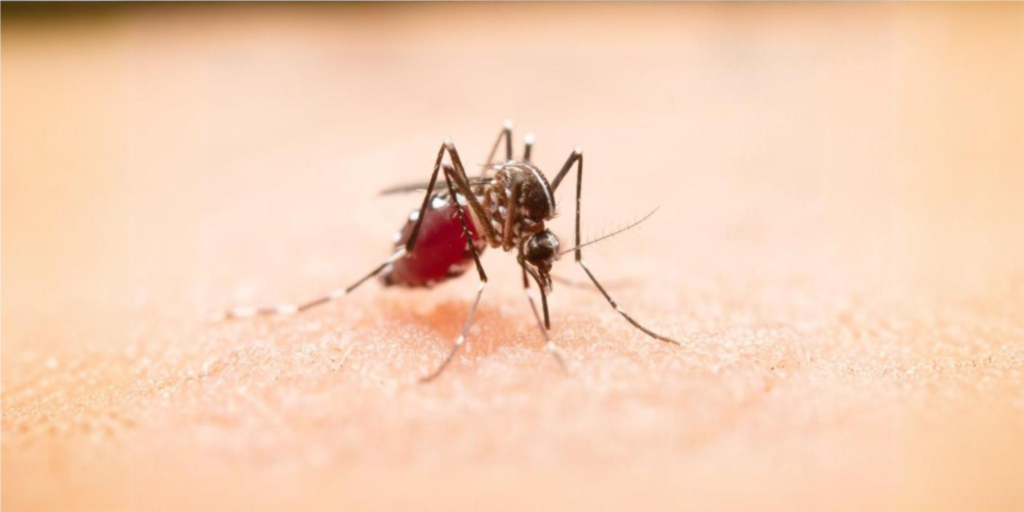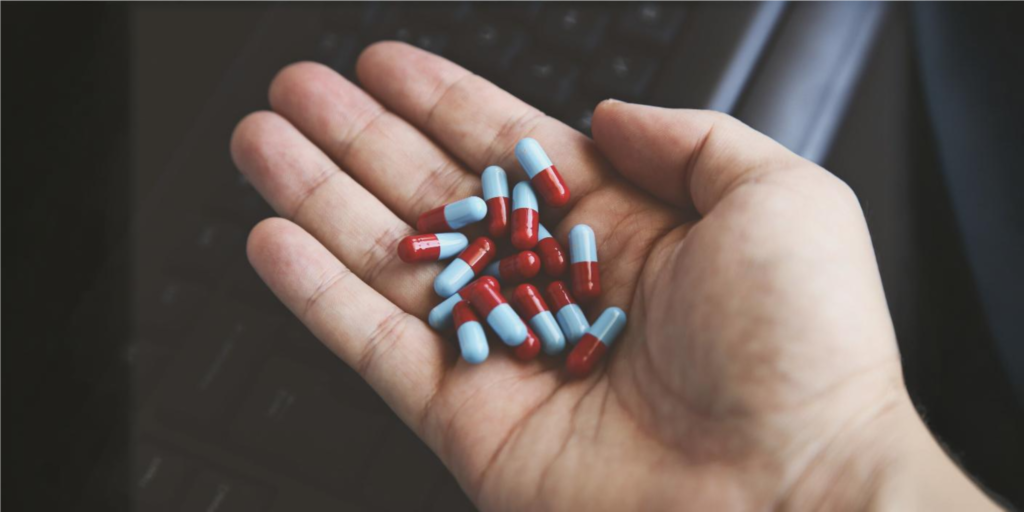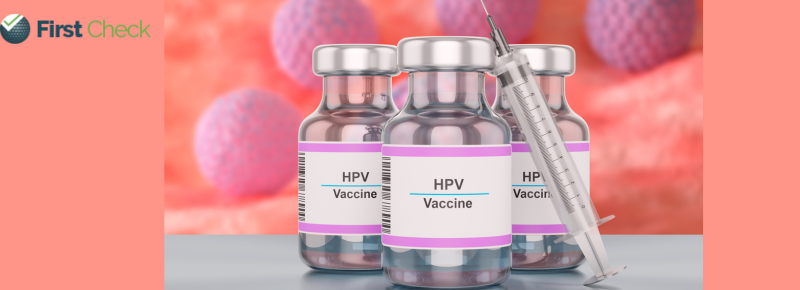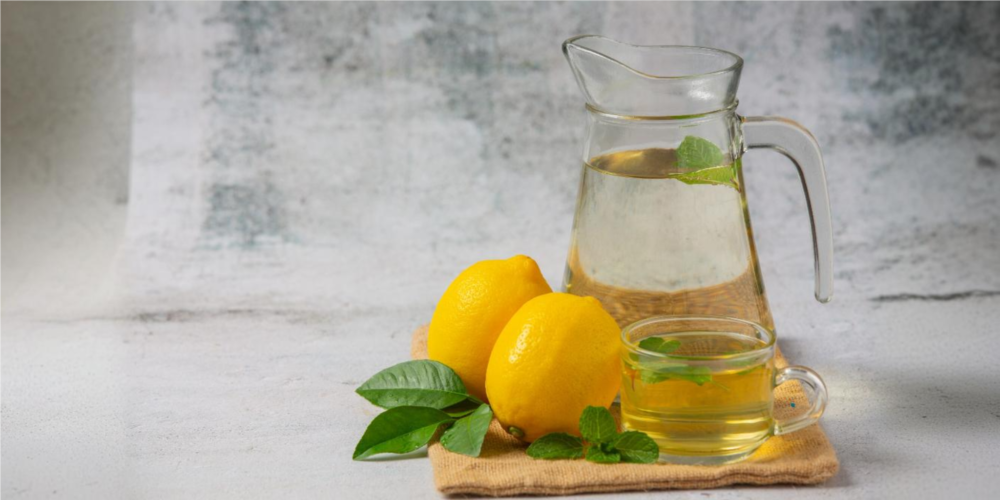Tags
Fact-check: Flawed rationale behind soaking nuts before consumption
Author
Author
- admin / 4 months

- 0
- 2 min read
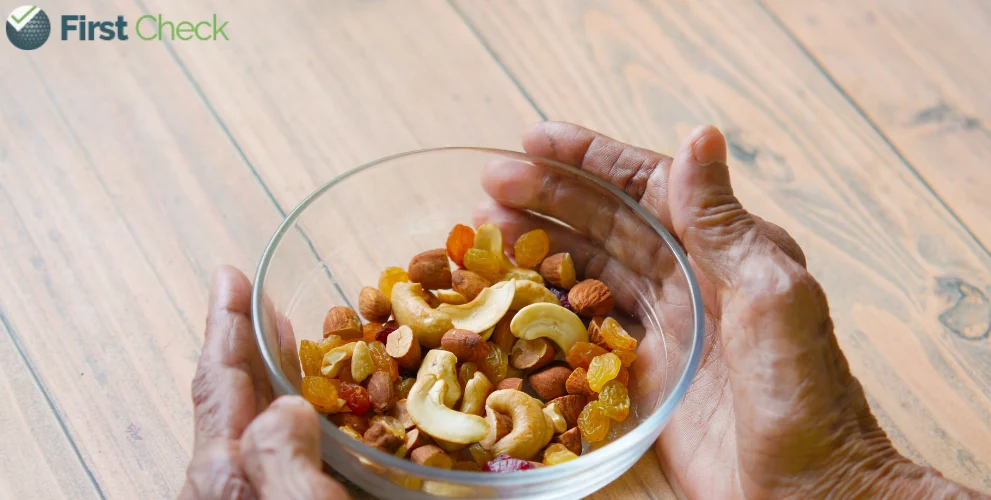
Studies find that soaking nuts does not improve gastrointestinal tolerance or have any effect on phytate levels.
Social media experts seem unanimous in their recommendation of soaking nuts overnight before consumption. This practice is touted to have immense health benefits, but is the claim backed by science? First Check gets you the answer.
According to social media influencers (see here and here), soaking reduces phytates or the level of phytic acid present in the nuts. Phytic acid is the stored form of phosphorus present in unprocessed whole grains, nuts, grains, and legumes. Its presence is said to hamper the bioavailability or absorption of minerals, such as zinc, calcium and iron, from the nuts into the body.
The basis for soaking the nuts rests on the assumption that phytate levels get lowered. However, there is currently no scientific study to back this up. In fact, studies that have measured phytate levels in nuts before and after soaking reveal that there is no difference in the level of phytic acid in the nuts. What does happen is a decrease in levels of minerals, as there is loss of some water-soluble minerals from the nuts.
Soaking is only beneficial in the case of grains and legumes, also making it easier to cook them later. In the case of nuts, studies find that soaking does not improve gastrointestinal tolerance or have any effect on phytate levels. In other words, nuts do not need to soaked before consumption for optimal health benefits. The minerals in the nuts are absorbed equally well, irrespective of whether they are soaked earlier or not.
To fact-check any health claim, write to us at hello@firstcheck.in or WhatsApp on +91 9311 223145. You can also connect with us on First Check WhatsApp channel to stay updated on health research and stories.
Read More: Optimal vitamin D intake for disease prevention: Guideline

